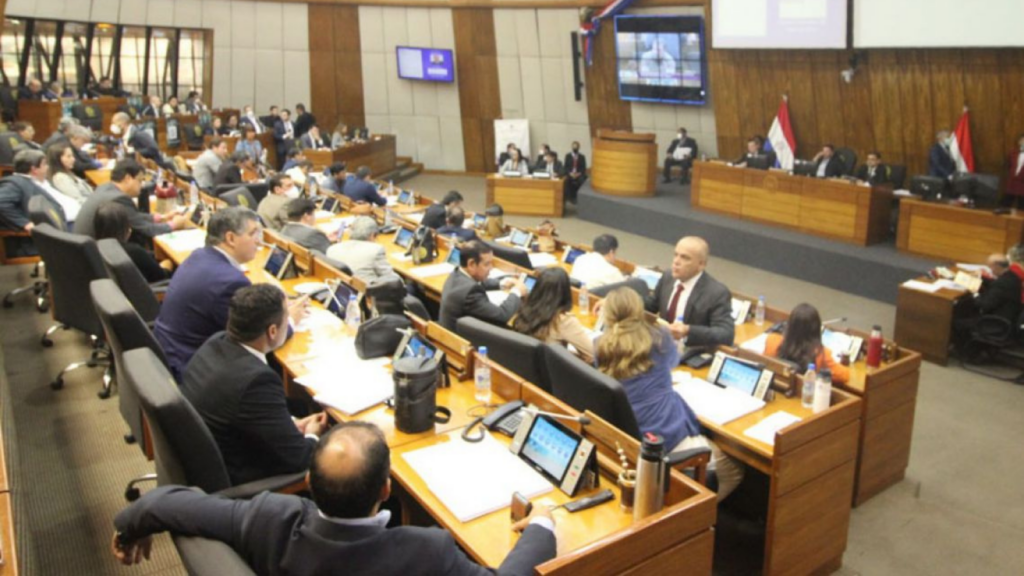Although in the federation’s budget, Annex 13 represents an advance that, although insufficient, reflects a gender perspective in expenditures, Mexico is far from a collection policy with a gender perspective that helps to reduce the wage gap, reduce the payment of taxes for women heads of families with low incomes, and empower or at least equalize the conditions between men and women.
A tax system that does not correct unequal burdens will end up having a disproportionate impact on women, who are the most affected by poverty and who, ultimately, do not have the same economic opportunities as men.
Tax policy cannot be blind to care work and its impact on the incorporation of women into the labor market. Although the economy has made unpaid work invisible by not having historically attributed a monetary value to it, neither the economy nor society can exist without it.
Regarding paid employment, suffice it to say that it is usually women who receive a lower salary than men and receive fewer benefits for the same work done, even with the same level of schooling; Additionally, they face the impossibility of accessing positions of a higher hierarchical level.
For its part, the care work that has historically been carried out by us women, due to the sexual division of labor, has a direct consequence on professional, academic and work development. On average, according to the National Survey on Time Use (ENUT 2019), women dedicate 30.8 hours a week to carry out this important work, without being paid or made visible.
So significant is its contribution to the national economy, that only during 2020 the participation of the Unpaid Work of Households was 6.4 billion pesos with respect to the national GDP.
With regard to consumption, a marked difference is observed in the expenditure that women make, since the evidence reveals that most of us spend a greater proportion of income on goods such as food, education and medical care for children.
If governments are unable to raise enough revenue, they have fewer resources to allocate and consequently have few or poor public services, thus increasing the burden of women’s unpaid care and social provision work.

















